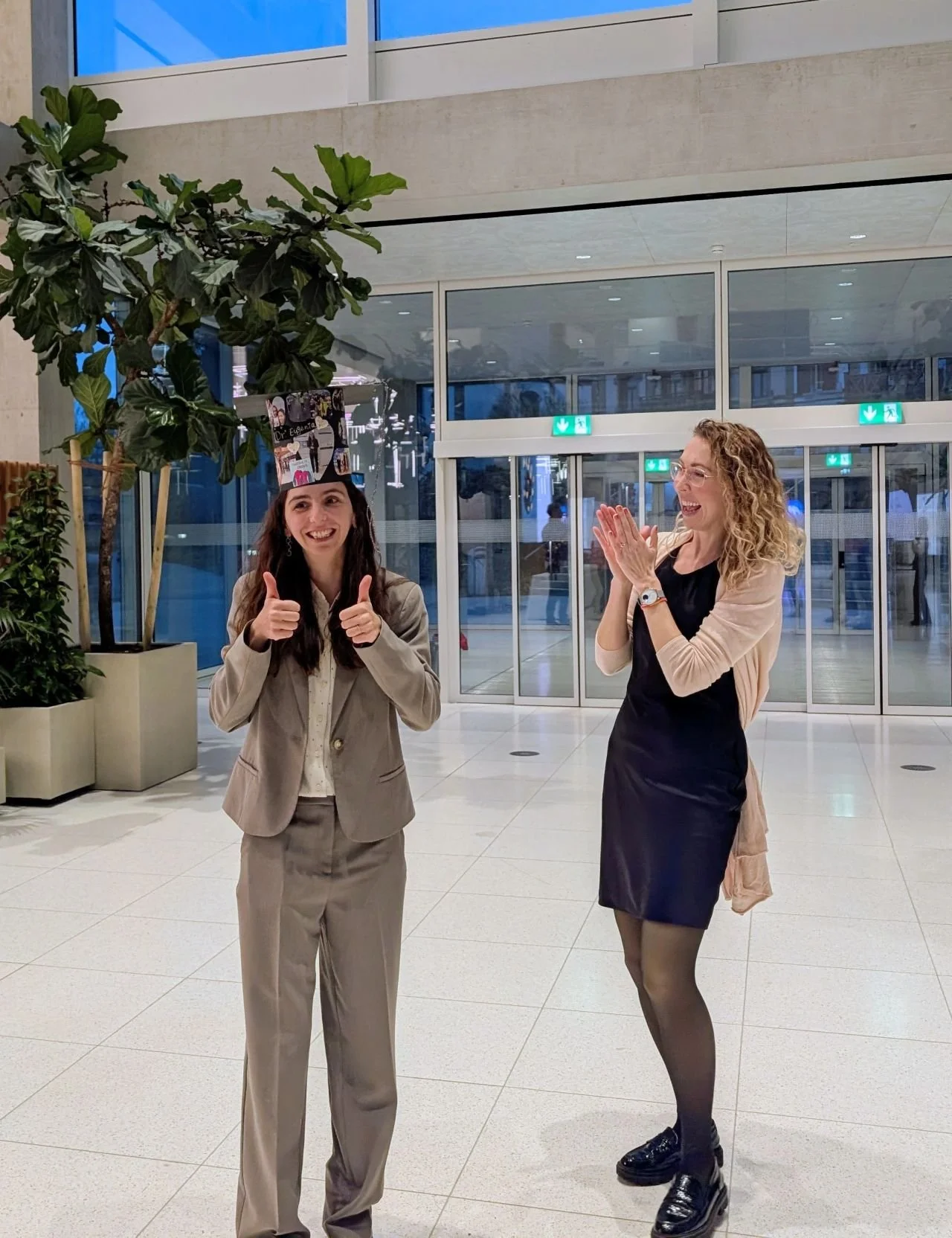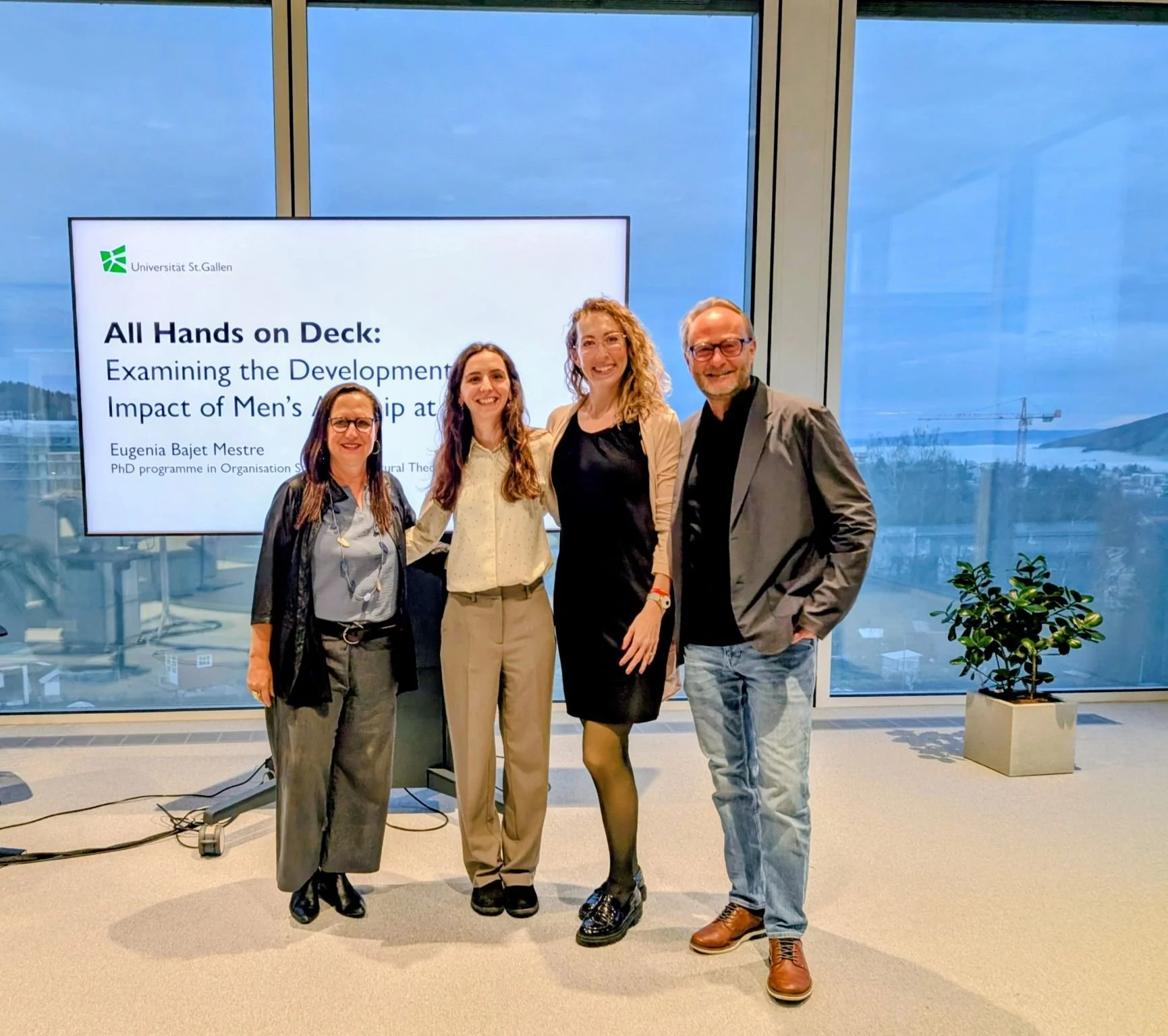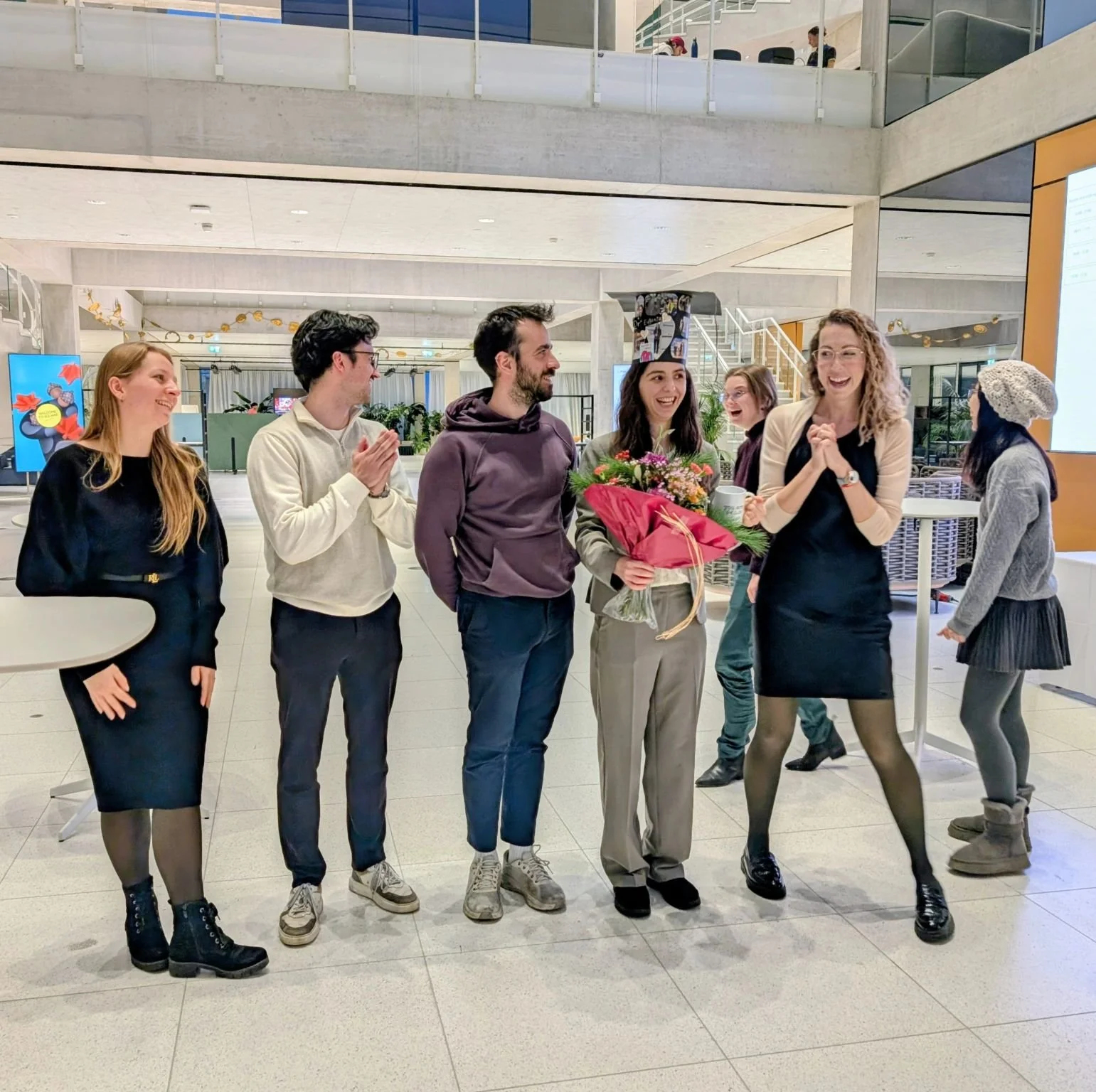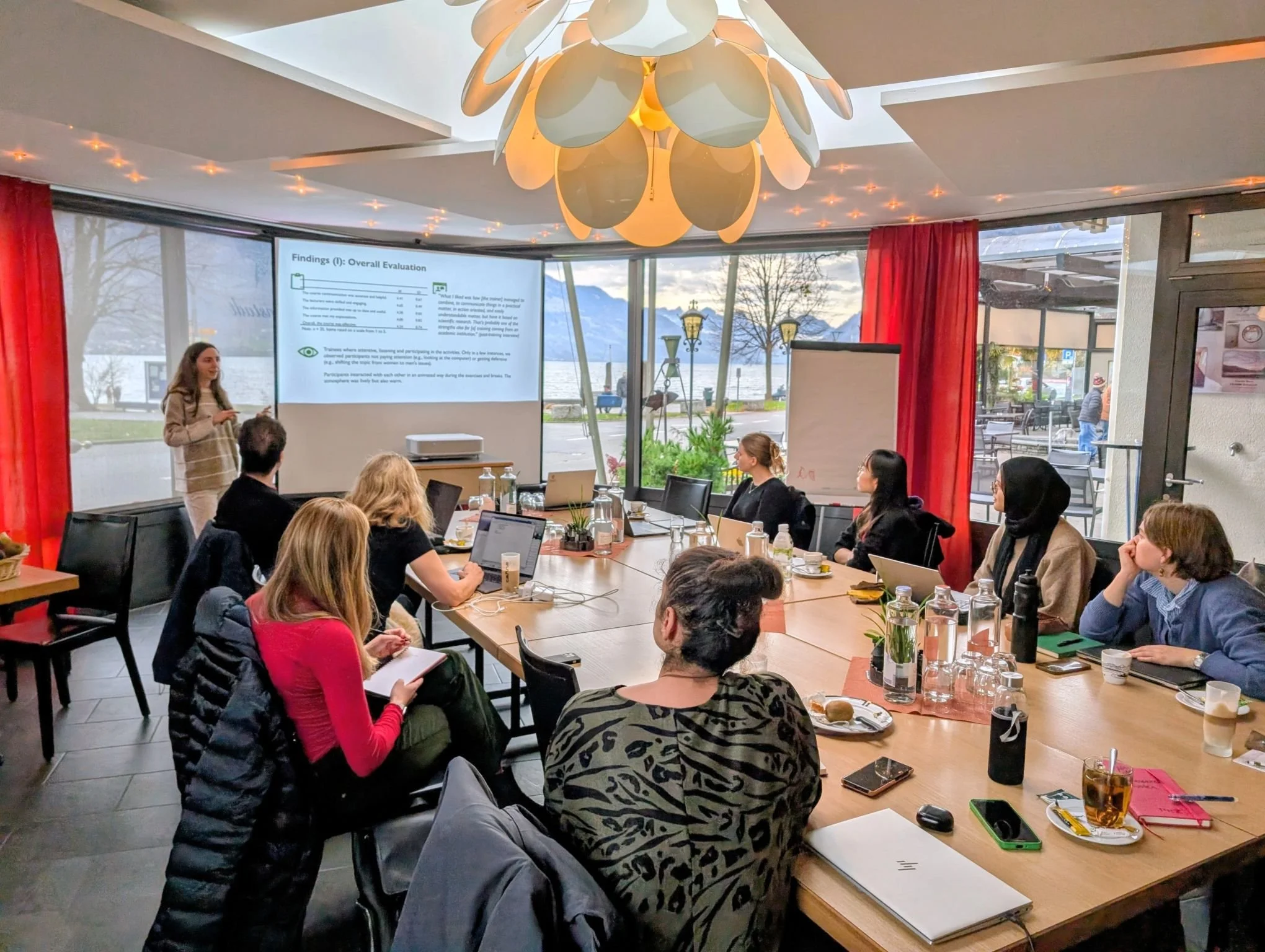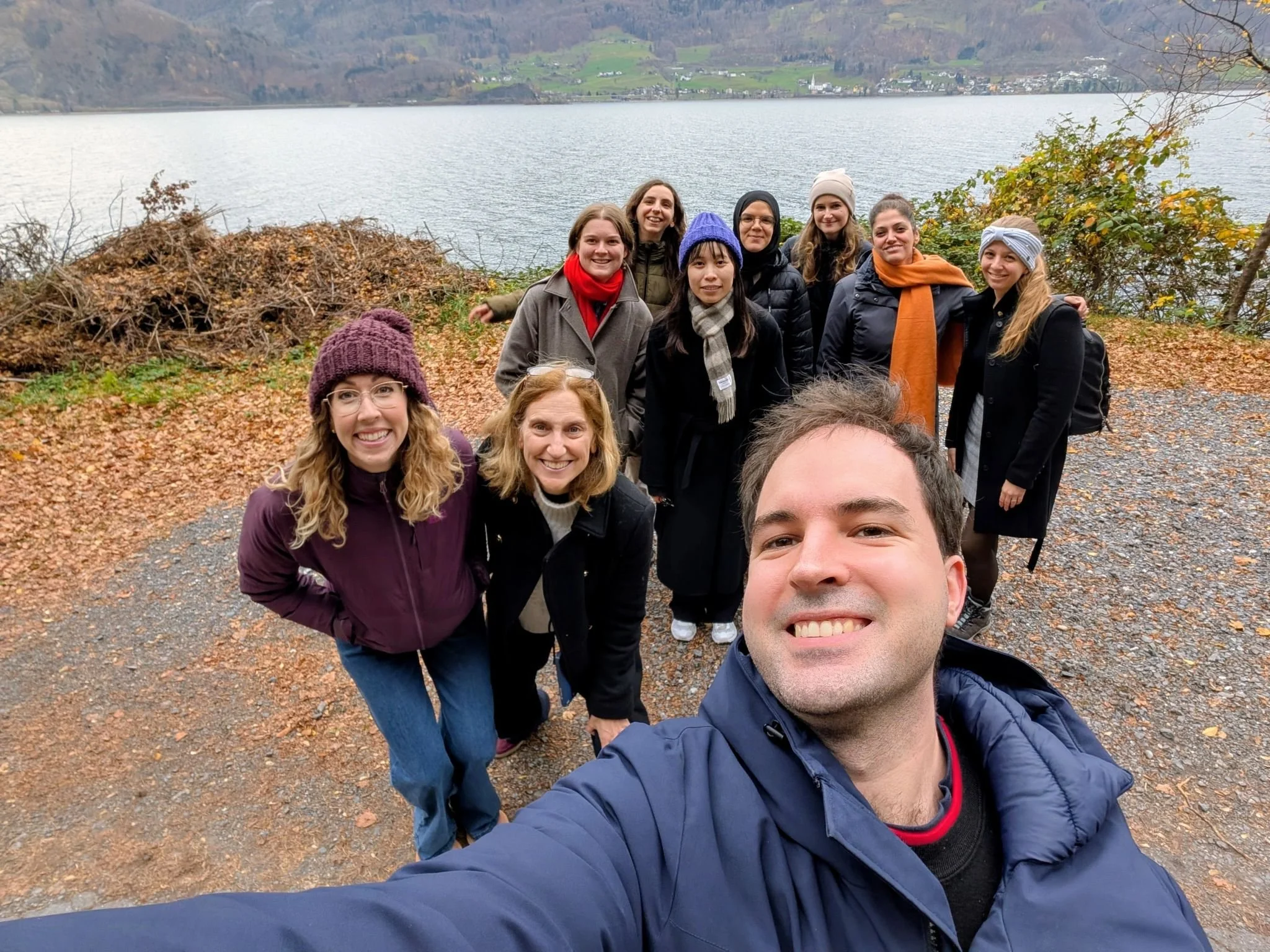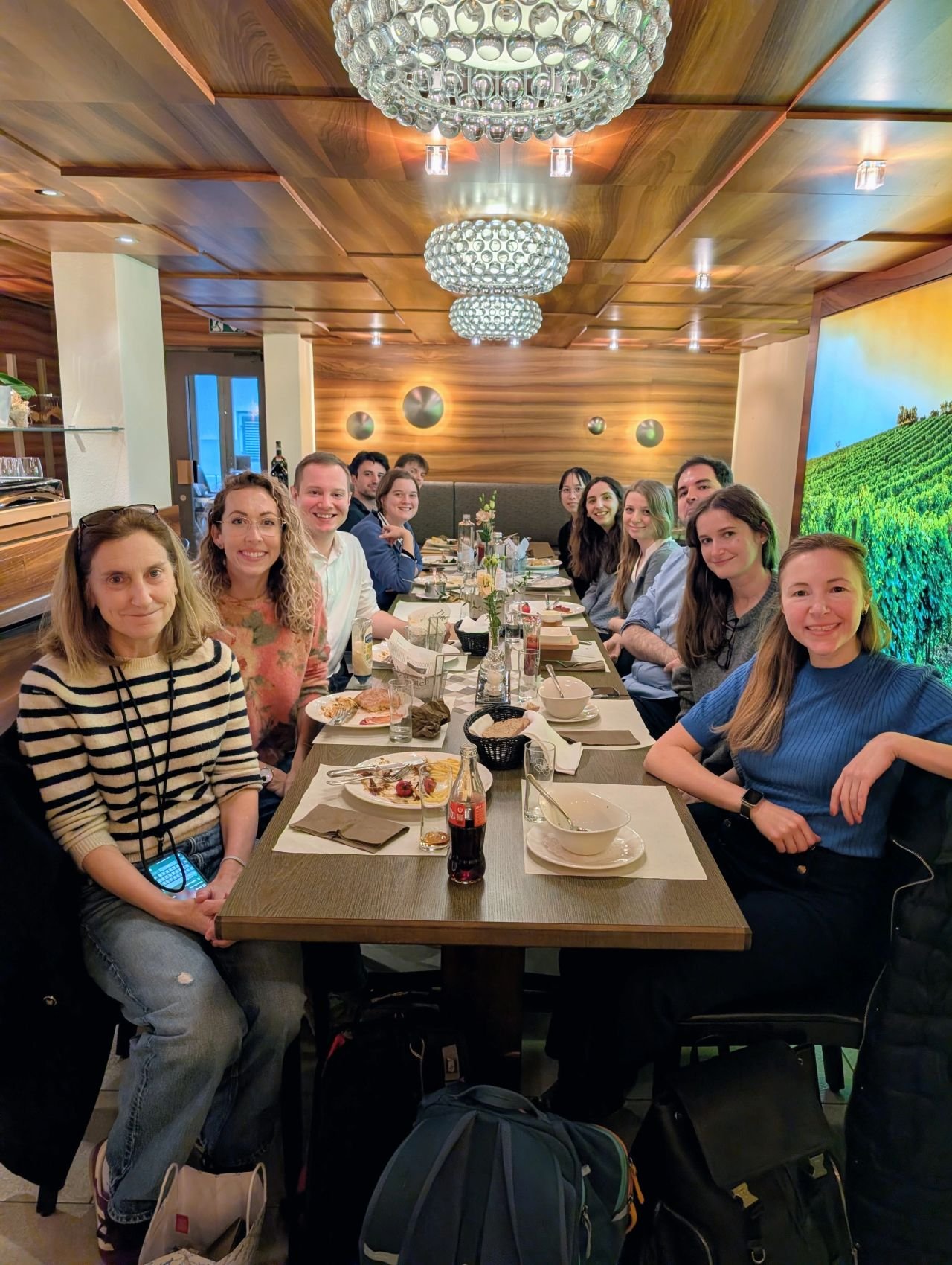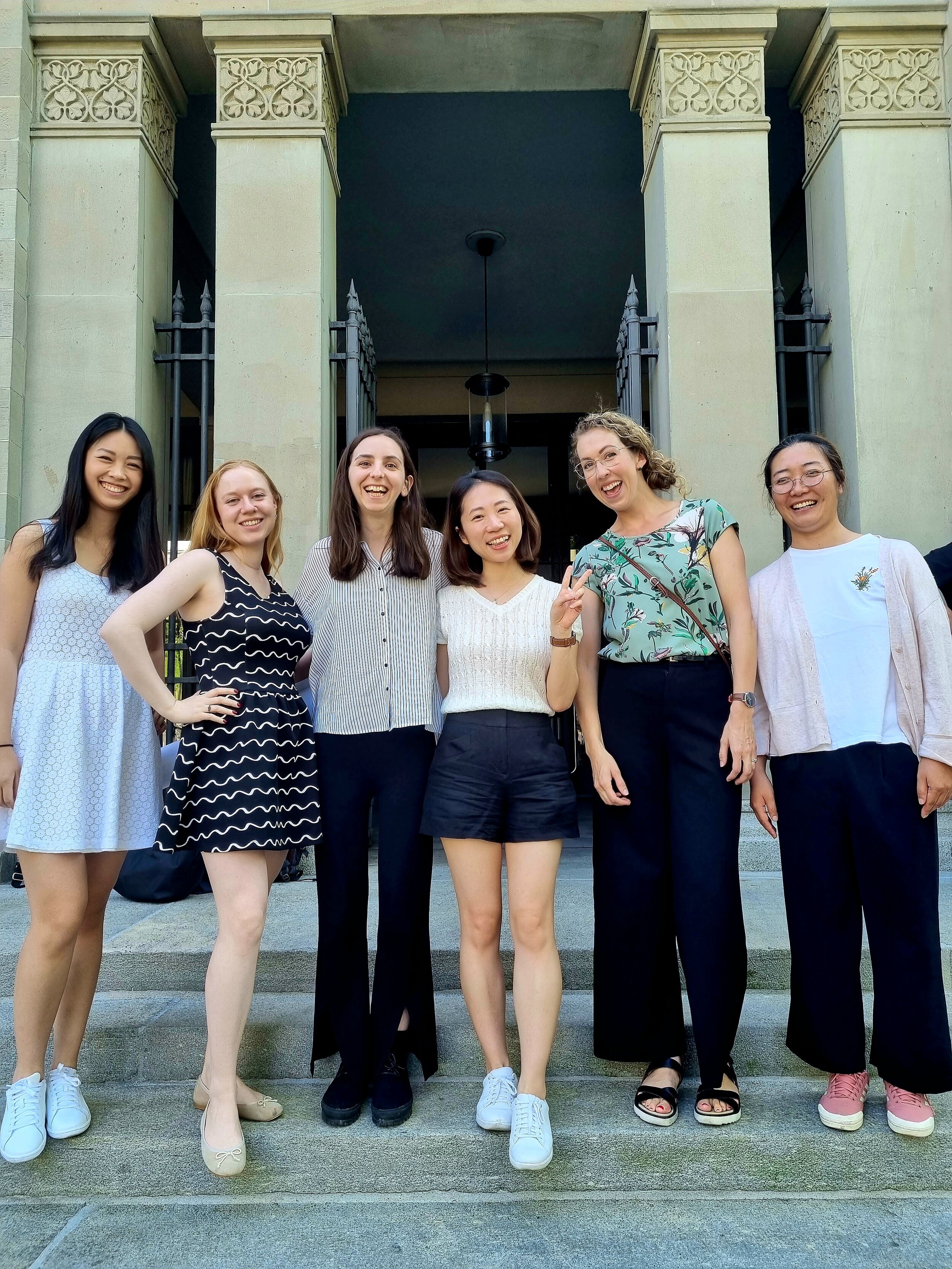Congratulations, Eugenia Bajet Mestre, Ph.D.!
Jamie Gloor
Congratulations, Eugenia Bajet Mestre, on successfully defending your dissertation on #MaleAllyship for #WomensLeadership! 🙌
Through a series of three, mixed methods papers spanning dyadic data, 3-wave field surveys, recall paradigms, and ethnographic observation, Eugenia charted the waters of how men can find their way and sail (smoother) seas of allyship! In addition to these scientific contributions, we also designed and delivered an original #allyship program for 100+ men: how is that for #insight and #impact?! 🤓💪
Thanks to the stellar international and interdisciplinary committee who joined me to read and approve her work with flying colors, including Thomas Beschorner of University of St.Gallen, Ronit Kark of Bar-Ilan University, Barnini Bhattacharyya of Ivey Business School at Western University.
Thanks to her supportive friends and family, and to our collegial colleagues at the Institute of Responsible Innovation, University of St. Gallen and at the School of Management SoM-HSG, for their scaffolding along the way and mitfeiern 🎉 today!
It is truly bittersweet. I could not be prouder and my face hurts from smiling--Eugenia is clever, conscientious, caring, complementary, and so much more: I couldn't have asked for a better first doctoral student! ❤️ But now she spreads her wings to move on to the next career step as a post doc with the amazing Maike E. Debus at the Université de Neuchâtel. 🤓 So excited to see what she will do as a newly minted PhD--and beyond! ⭐
